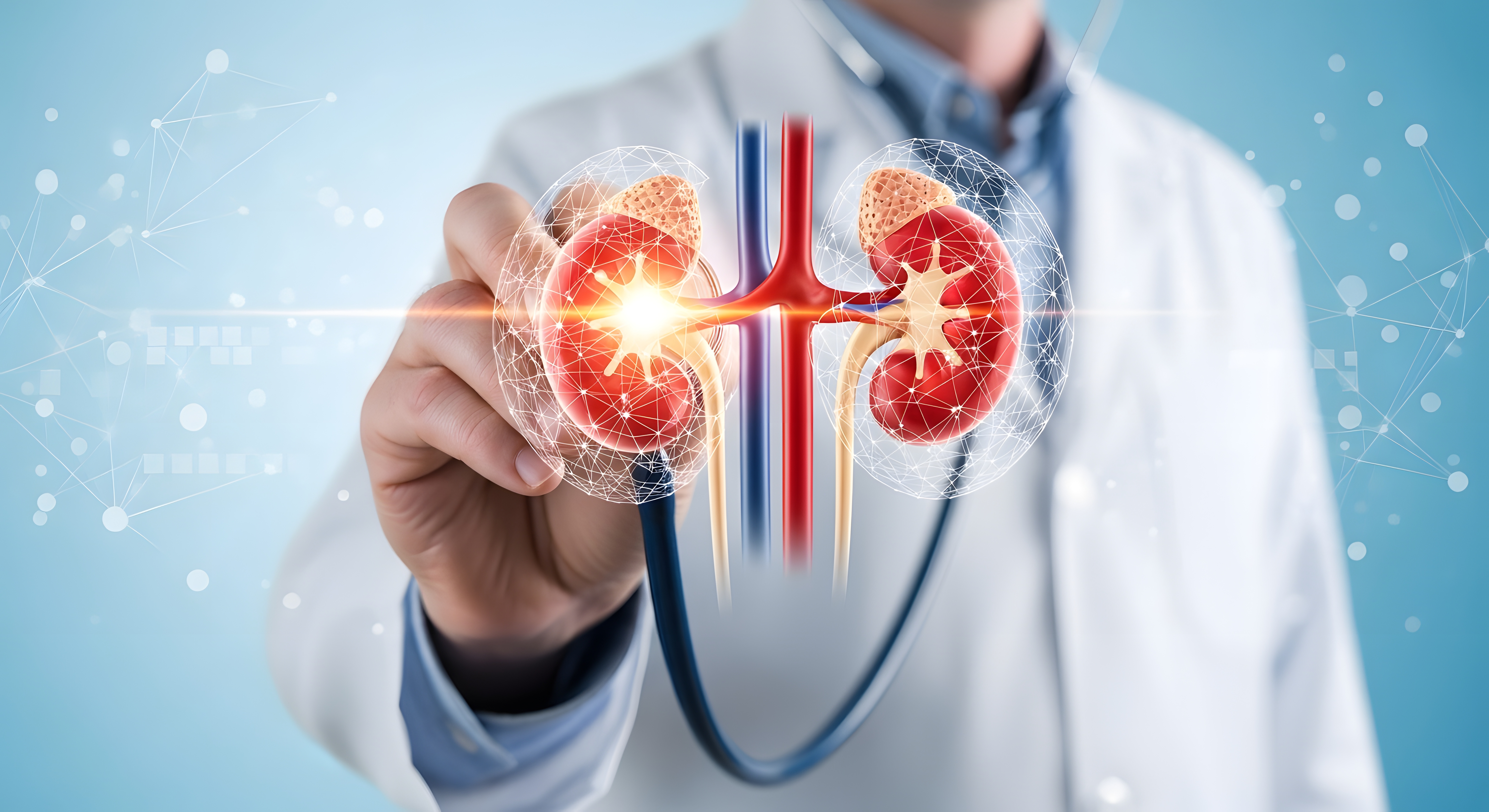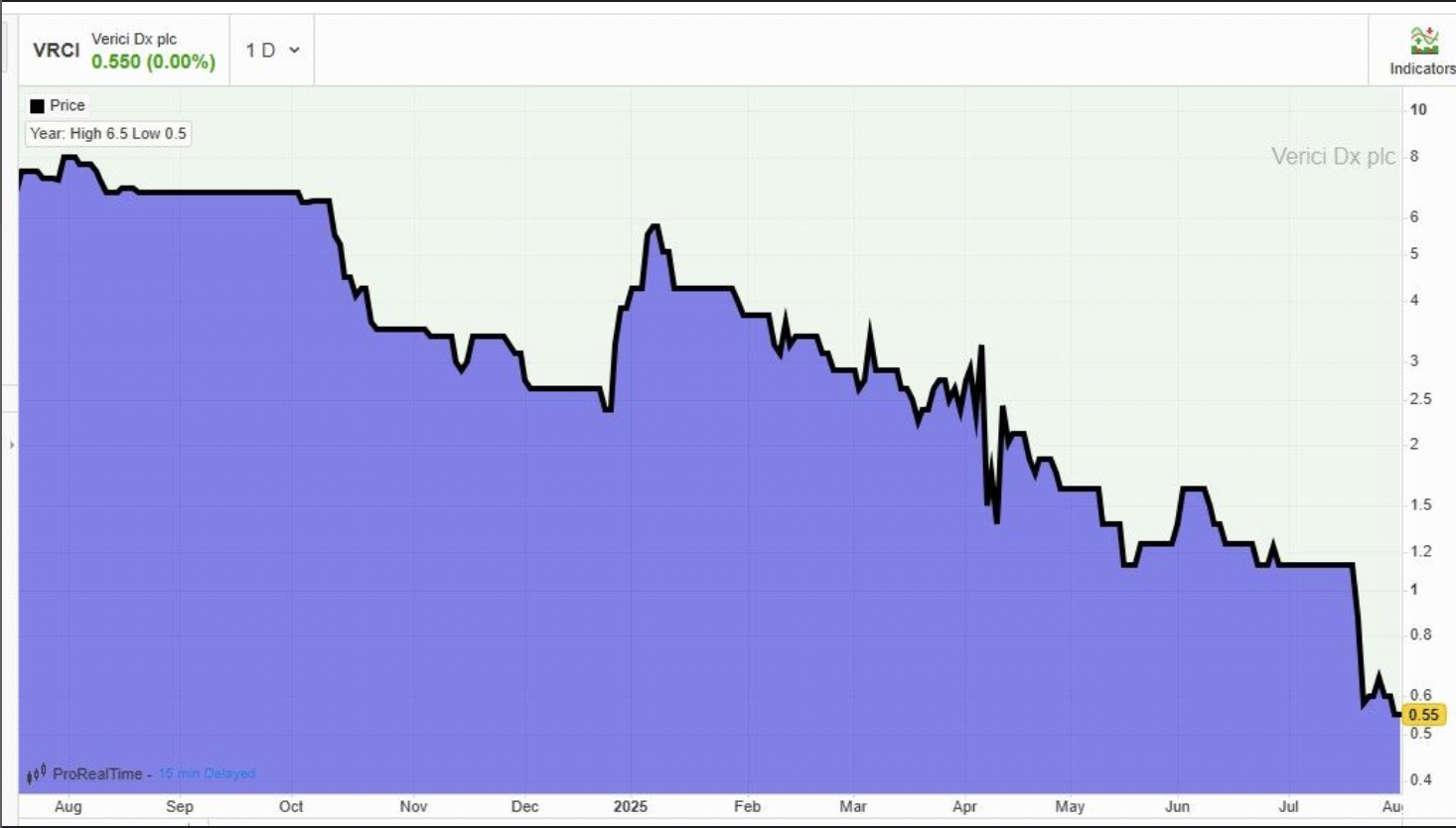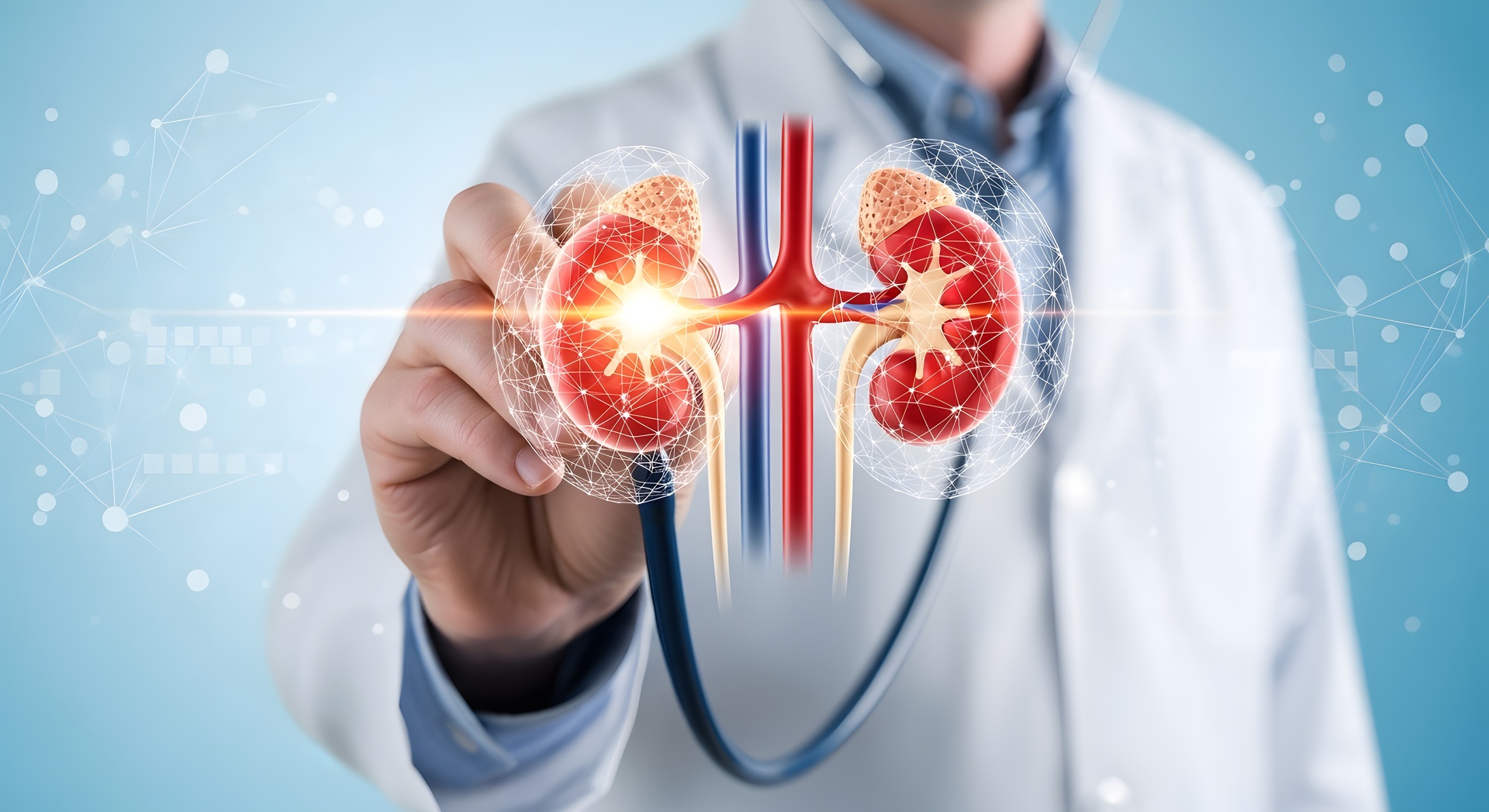
'Demand pull' combined with 'supply push' are two simple yet crucial ways for businesses to commercialise new breakthrough offerings. Not only ‘showcasing’ the products’ benefits and educating key opinion leaders. But also, ensuring the goods are readily available for customers to buy and use correctly, straight out the box.
Similarly advanced kidney transplant diagnostics firm Verici Dx (Mrkcap £8.3m) said today that 5 medical abstracts relating to its flagship blood test Tutivia have just been published ahead of the important World Transplant Congress in San Francisco. This is a major industry event and ‘shop window’ for #VRCI’s best-in-class technology, where organ transplant experts share knowledge and discuss new products.
Here the Tutivia abstracts are based on real-world evidence collected at multiple transplant centres to support clinical care for complex and challenging patient populations.
What’s more earlier this week, Verici Dx announced that it had successfully raised £6.35m to help commercialise its suite of donor diagnostics alongside extending the group’s cash runway until H2’26. With Medicare coverage ($2,650/test) already supporting the strong acceleration in adoption and ordering volumes.
CEO Sara Barrington commenting: "It is a great validation of our test for acute rejection post-transplantation to have clinicians at multiple transplant centres sharing how it has been used to address important areas of unmet need. Gaining shared clinical experience at leading transplant centers is essential to increase the adoption of Tutivia and in turn ultimately scale up volumes."
In terms of the numbers, analyst consensus expectations are for FY’25 revenues of $4.3m (vs $3.3m LY) with adjusted LBITDA coming in at -$4.8m.
#VRCI's technology is unique because the ‘RNA signature’ platform assesses (re 79% Positive Predictive Value for Tutivia) the risk of organ rejection BEFORE damage has actually occurred. In comparison, most (if not all) other rival tests rely on measuring ‘debris’ in the bloodstream – ie once organ damage has already occurred, which is frankly too late.



